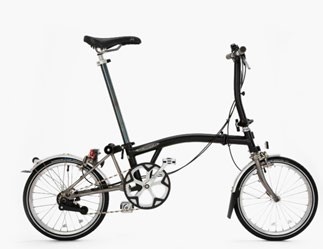Advertising in the Time of Coronavirus
COVID-19 and the many national lockdowns that have followed have caused a huge shift in advertising and marketing. Suddenly, everyone is at home and receiving nearly all content digitally; through their phones, tablets and TVs, and advertising budgets have been sliced and squeezed as companies shift scarce resources to other parts of their business.
Regulators are faced with a new challenge and responsibility to protect consumers from companies who would price gouge and profit from panic caused by COVID-19. The UK regulator, the Advertising Standards Authority (ASA), has published a fair number of decisions and guidance in relation to the coronavirus.
Read More
